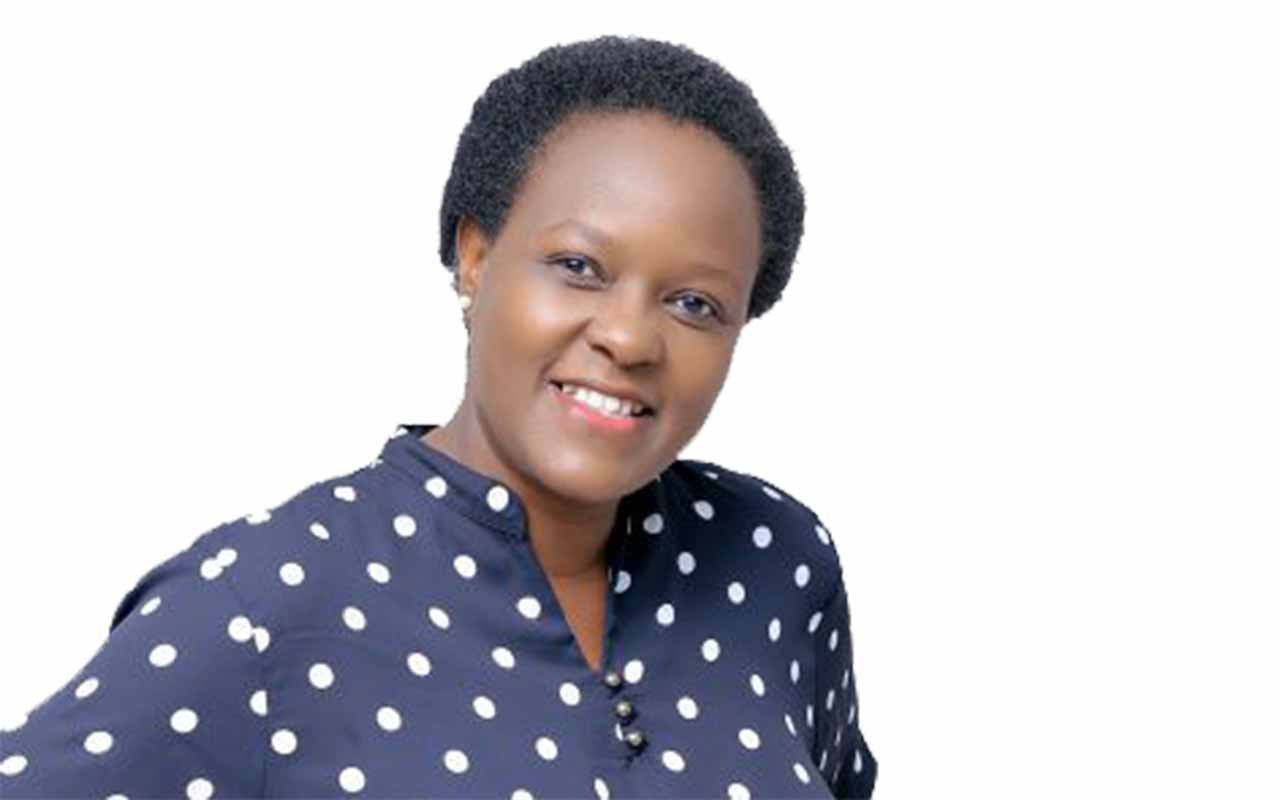Let’s join fight against cancer

Christine Namulindwa
What you need to know:
- Cancer symptoms. Know about signs and symptoms of cancer and early detection guidelines because finding cancer early often makes it easier to treat.
World Cancer Day is celebrated every February 4. It is a day when organisations and people around the world unite to raise awareness about cancer and work to make it a global health priority. Cancer is the uncontrolled growth of abnormal cells in the body. These cells can begin to grow from any part of the body such as liver, kidney, pancrease, lungs, cervix, prostate gland, eyes, mouth, and breast, among others. An estimated 9.5 million people worldwide were expected to die from cancer in 2018 – about 26,000 cancer deaths a day - and that number is predicted to grow.
In Uganda and Uganda Cancer Institute in particular, 80 out of every 100 people diagnosed with cancer die every year. Only 20 out of the diagnosed cancer cases are able to make it. These statistics are alarming! However, these statistics can change if everybody - you and I - get involved in the fight against cancer because they do not dictate the status-quo. This year’s World Cancer Day will be commemorated under the theme: ‘I am and I will’. This theme is driven towards individual efforts in the fight against cancer. Everyone is triggered to ask themselves what they should do to fight cancer. We should not sit back and wait for government effort only in the fight against cancer, but we should get involved as individuals and groups. The theme calls for personal commitment to help reduce the burden of cancer.
One may ask themselves how they can help to reduce cancer. Well, some of the ways in which you can get involved as an individual in the fight against cancer include: Make healthy lifestyle choices that include avoiding using tobacco products, including Shisa. Doing a lot of physical activities. Exercise daily and where necessary, walk instead of using a car or boda-boda and physical exercise helps eliminate excess weight which is not good for your health. Physical exercise has been proven to make people happier, thus beating stress which is one of the ways through which people may get cancer.
Ensure you have a healthy diet which is rich in vegetables with less amounts of fatty foods.
You should also limit alcohol consumption since cancers of the mouth, throat, voice box, and esophagus have been linked to alcohol use, which clearly raises the risk of getting these cancers. Drinking and smoking together raises the risk of these cancers even more than drinking or smoking alone.
This is because alcohol can help harmful chemicals in tobacco get inside the cells that line the mouth, throat and esophagus. Alcohol may also limit how these cells can repair damage to their DNA caused by the chemicals in tobacco. Staying away from many sexual partners will also help to reduce chances of getting cancer, especially cancer of the cervix among women. Having many sexual partners or becoming sexually active early may lead to one getting cervical cancer. The transmission of cancer-causing HPV(Human Papilloma Virus) types nearly always occur as a result of sexual contact with an individual who has HPV.
Women who have had many sexual partners generally have a higher risk of HPV infection. This increases their risk of developing cervical cancer. So as an individual, stay away from many sexual partners to avaoid the risk of getting cancer of the cervix. Know about signs and symptoms of cancer and early detection guidelines because finding cancer early often makes it easier to treat. You should make sure you screen early for cancer. At the Uganda Cancer Institute, screening for cancer is free of charge and it is done every day of the week. The institute now has a fully fledged building dedicated to early detection and information services. Make use of these services!
You can share stories about your own cancer experiences in case you are a survivor, communicate with decision-makers, and join support groups such as cancer survivor organisations to help make positive change for all people affected by cancer. When possible, use work and other daily activities during and after cancer treatment as opportunities to maintain normality, routine, stability, social contact, and income.
With the above measures put in place in our personal lives, we will be able to join the fight against cancer on an individual basis as we supplement government efforts in this fight. ‘I am and I will’, gives us a commitment on personal basis to fight against cancer. Let us all embrace the fight since cancer attacks you on a personal basis yet the effects of the disease spread to family and communities both socially and economically.
Ms Namulindwa is the public relations
officer, Uganda Cancer Institute.
[email protected]




